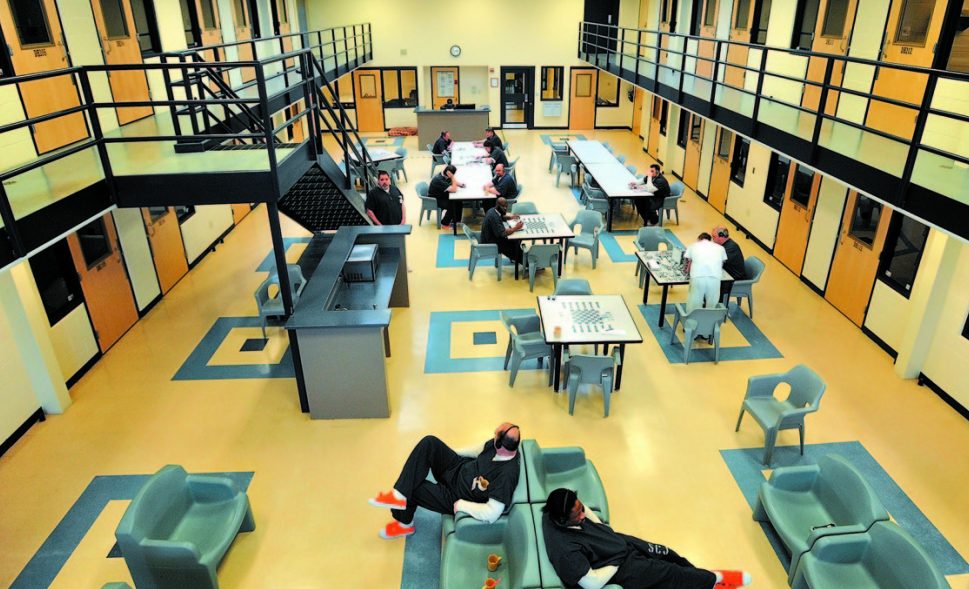Last spring, the Legislature, over the veto of Gov. Paul LePage, passed a bill handing more control over county jails to the state Board of Corrections. The bill, created by a bipartisan commission that included sheriffs, jail administrators and state and county officials, was designed as a fix to the 2008 law that created the board but gave it little real power to control costs and standardize the treatment of inmates.
The Board of Corrections, however, has had little opportunity to exercise its newfound authority. Two spots were open on the five-member board at the time the bill was passed, and a third member resigned earlier this month, leaving the board without the quorum it needs to hold meetings, even as the county jail system contends with an estimated $2.5 million shortfall.
STALEMATE
There is little hope of that changing soon, as Gov. LePage has refused to nominate anyone for the board, or to provide emergency funding for the jails, until the system is changed so that whichever entity is funding the jails is also in control of the budget. Last year’s bill, LePage said recently, did not go far enough, and the jails should either be given completely to the state, or handed back to the counties.
That has been the governor’s stance all along, and refusing to issue nominations allows him to get his way even after lawmakers disagreed.
That may be his prerogative as governor, but it raises a number of questions regarding the fiscal health of the counties and the future operation of the jails, both in the short and long term, that must be answered soon.
The first and most pressing question is what to do about the budget shortfall, which has reached $700,000 in Aroostook County and about $500,000 in Penobscot County.
Without an infusion, those jails will run out of money. That means portions of the jails likely would have to be shut down, employees let go and inmates released.
Even if the shortfalls are covered, there still remain questions about who will pay for jail operations in the future. If the jails are returned to the counties, and state funding is rescinded, how will counties absorb the $20 million or so that now comes from the state? Will LePage agree to a gradual lowering of state funding?
And if the jails are put fully under state control, what does that mean for the authority of county sheriffs? And what about the investments that counties have made in the jails and surrounding properties?
Also, following the failure to implement last year’s legislation, we have to ask again how the state can create county jails that are efficient and effective.
PROBLEMS THE SAME
After years of debate and legislation, there remain jails that are overcrowded and others with empty cells. Services such as mental health and pretrial programs are inconsistent, so inmates in one county are treated differently from those in another.
That has significant consequences for the success of inmate rehabilitation, which itself has significant implications for the future of that inmate and the chance of recidivism, and has a great impact on future jail spending.
There are few easy answers to these questions. All that is known for sure is that lawmakers will spend another session trying to fix a broken county jail system.
Send questions/comments to the editors.



Success. Please wait for the page to reload. If the page does not reload within 5 seconds, please refresh the page.
Enter your email and password to access comments.
Hi, to comment on stories you must . This profile is in addition to your subscription and website login.
Already have a commenting profile? .
Invalid username/password.
Please check your email to confirm and complete your registration.
Only subscribers are eligible to post comments. Please subscribe or login first for digital access. Here’s why.
Use the form below to reset your password. When you've submitted your account email, we will send an email with a reset code.